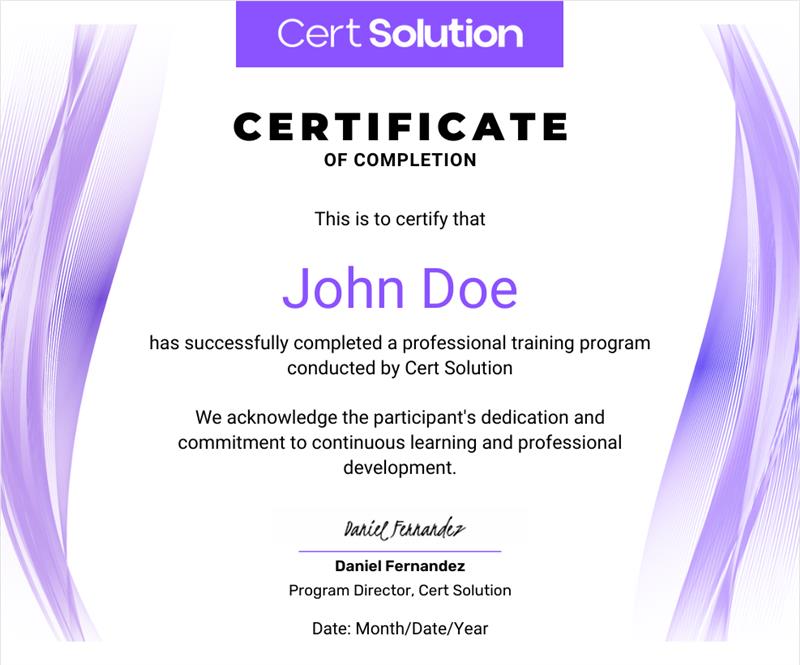Your Shopping Cart

The Advanced Predictive Modelling in R Certification Training course is designed to help learners master the techniques of predictive analytics using the R programming language. It covers data preparation, statistical modeling, machine learning algorithms, and model evaluation. This course is ideal for data scientists, analysts, statisticians, and professionals in analytics-driven roles who want to deepen their skills in forecasting, classification, and regression modeling.
Deepen Analytics Skills: Learn to build, validate, and deploy predictive models using R.
Career-Boosting Certification: Earn a recognized credential in advanced data analytics.
Hands-On Learning: Apply concepts to real-world datasets and business problems.
Comprehensive Curriculum: Covers everything from data preprocessing to advanced model evaluation techniques.
High Demand Skills: Predictive modeling is a top skill across industries like finance, marketing, and healthcare.
This course focuses on the use of R programming for developing, tuning, and evaluating predictive models.
1. Data Scientists and Analysts seeking advanced modeling skills. 2. Statisticians and Academics working with large datasets. 3. Business Intelligence Professionals aiming to implement predictive techniques. 4. R Programmers looking to apply their skills in analytics.
1. Teaches best practices for feature engineering and model validation. 2. Prepares you for real-world implementation of predictive solutions. 3. Includes expert guidance, live sessions, and project work.
Calculating statistical parameters such as mean, median, mode and making custom visualizations for developing intuition of data with respect to statistical parameters.
Ridge and Lasso regression implementation.
Perform exploratory data analysis and check for heteroscedasticity, perform remedial steps and transform the data and implement linear regression model.
Build a logistic regression model to classify the data.
Create ZINB and Hurdel regression model.
Implement KNN model and perform single and multiple imputation.
Implement Exponential Smoothing and ARIMA model for time series forecasting.
Implement Principal component analysis and Boosting(ADAboost).
Do PCA preprocessing and implement Elastic Net model.
we are happy to help you 24*7
Yes, the course is delivered through online live sessions or self-paced modules.
All sessions are recorded and can be accessed via the learning platform.
The course usually spans 4 to 6 weeks, depending on the chosen learning format.
The certificate is awarded by the training provider upon successful course and project completion.
The certification is valid for life and demonstrates advanced knowledge in predictive modeling.
Type: Objective questions and project assessment.
Duration: Varies by provider, usually within 90 minutes for tests.
